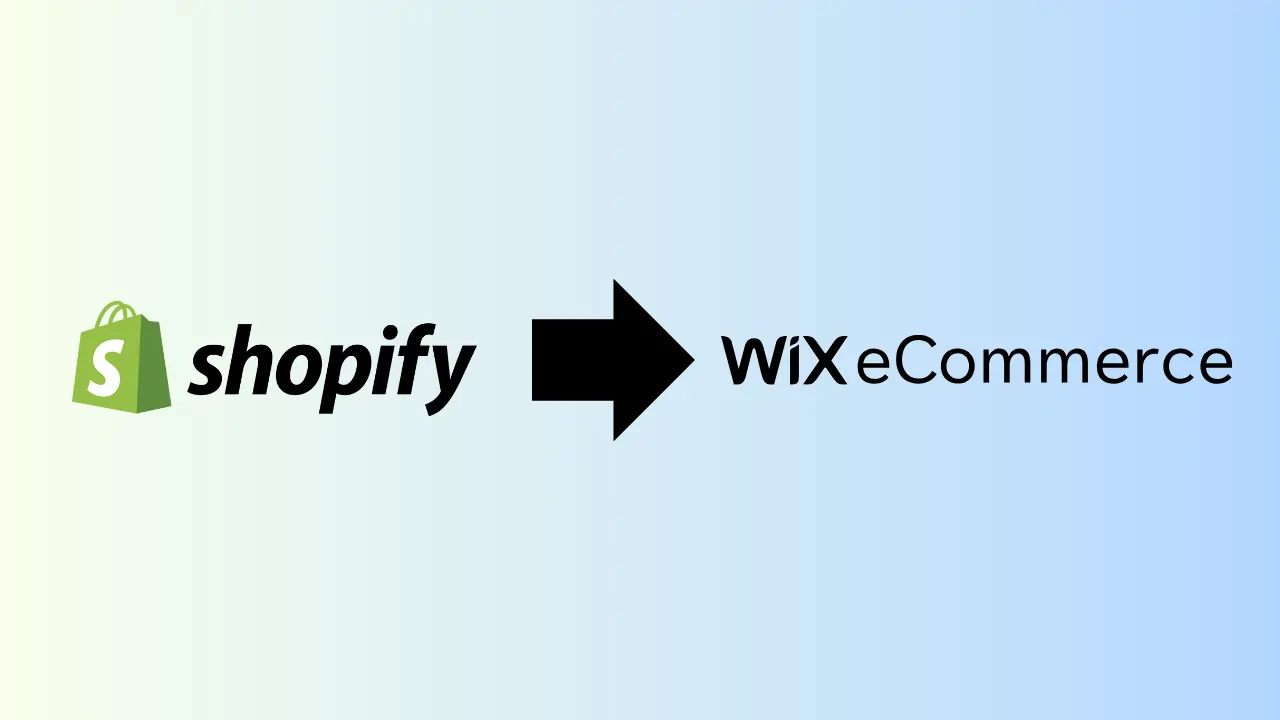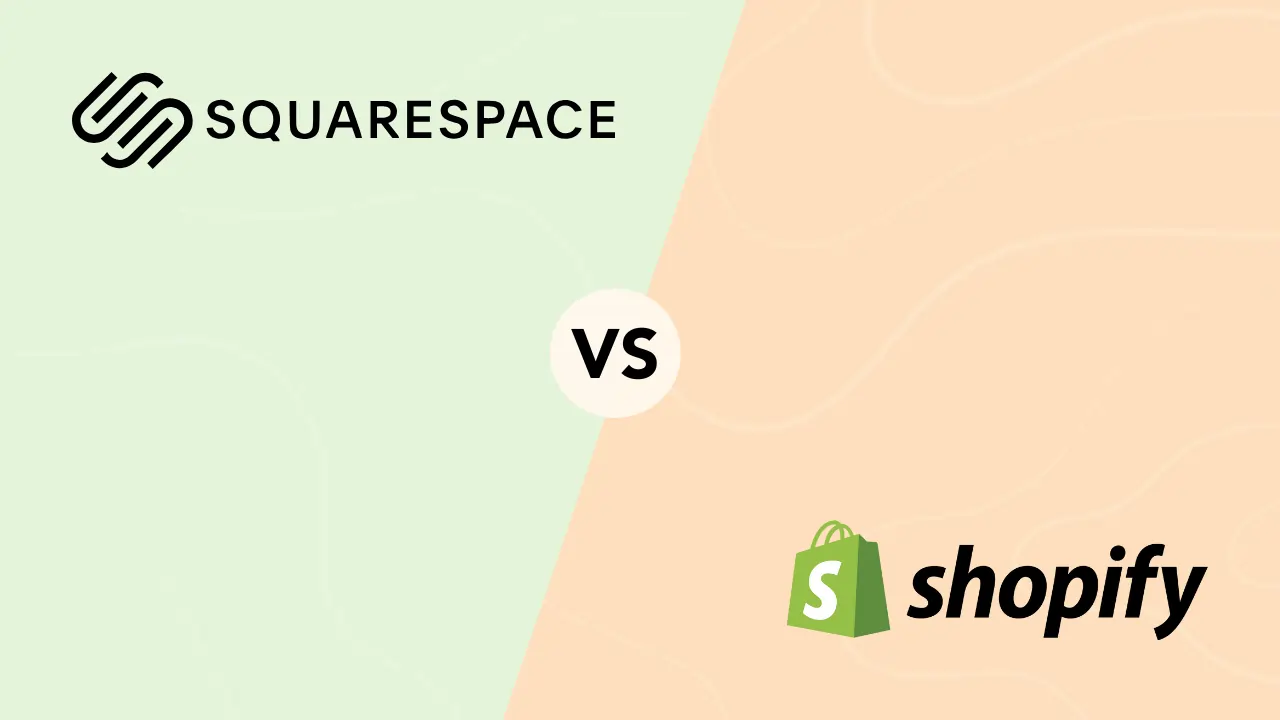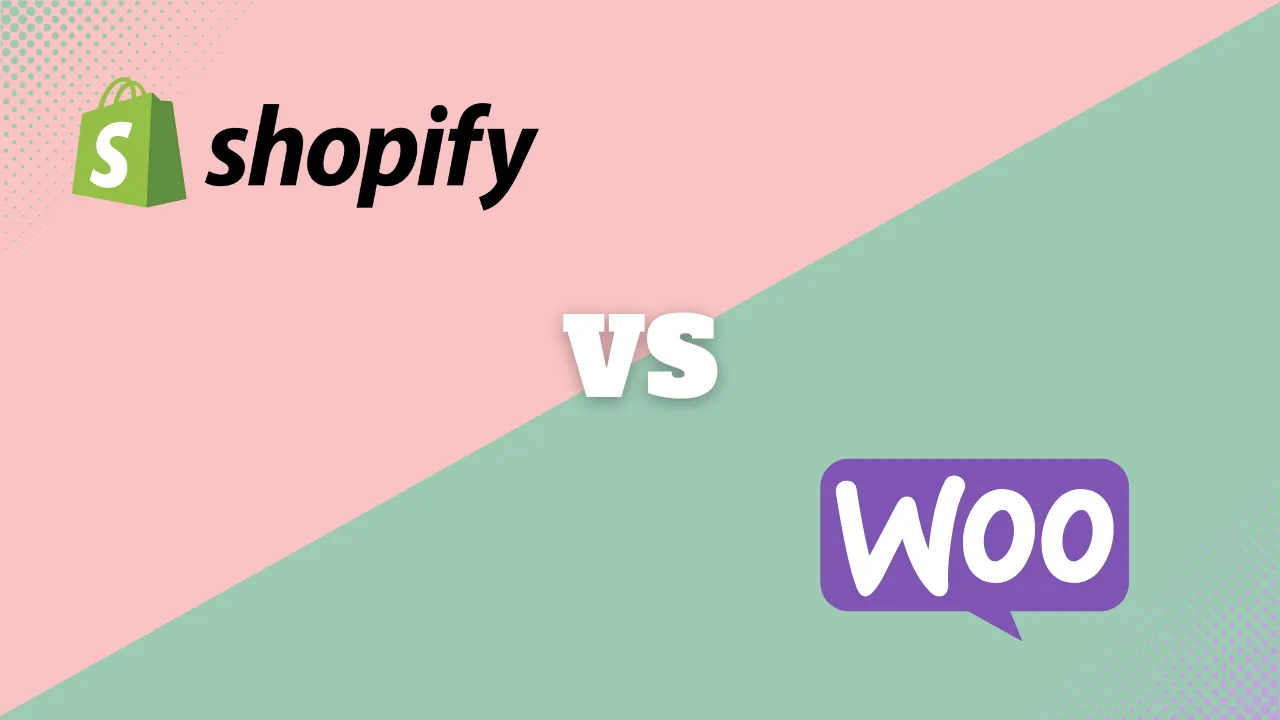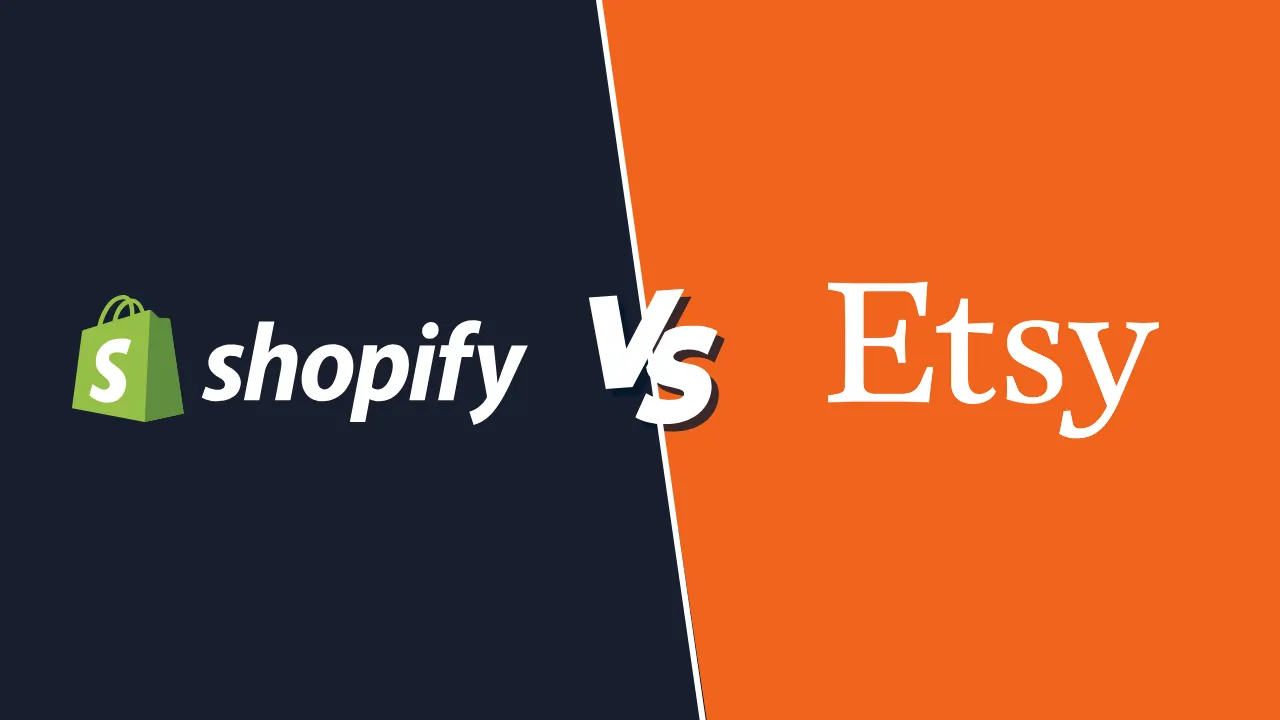Why You Can Trust the Expertise of Sonary
At Sonary, we are committed to providing accurate and trustworthy information to help you make informed decisions. Our research process is meticulous, transparent, and guided by a dedication to maintaining the highest standards of integrity.
Unlike many other review platforms, we conduct in-depth evaluations of the software and services we feature. Our expert team tests and actively uses the tools we review to understand their features, performance, and value comprehensively. Our assessments are based on real-world use, giving you insights beyond surface-level descriptions.
Our research methodology includes analyzing key consumer factors such as pricing, functionality, device usability, scalability, customer support quality, and unique industry-specific features.
This hands-on approach and dedication to transparency mean you can trust Sonary to deliver regular, up-to-date content and recommendations that are well-researched and genuinely helpful for your business needs.
How to Choose an Enterprise E-commerce Platform1
Choosing an enterprise e-commerce platform is critical for any large business, as it impacts not just the immediate online sales capabilities but also long-term growth, customer experience, and operational efficiency. Here are key factors to consider when selecting an enterprise e-commerce platform:
- Scalability
- Growth Support: The platform should be able to handle increasing amounts of traffic and transactions without performance degradation.
- Flexibility: Look for platforms that offer flexibility to scale up or down based on seasonal demand or business growth.
- Security
- Data Protection: Ensure the platform complies with industry standards like PCI DSS for payment security and GDPR for data protection in Europe.
- Regular Updates: The provider should offer regular security updates and support to protect against new vulnerabilities.
- Customization and Flexibility
- Custom Features: The platform should allow customization to meet your specific business needs, including branding, checkout processes, and customer journey.
- Integration Capabilities: It should easily integrate with your existing systems (ERP, CRM, CMS) and third-party apps or services.
- Performance and Reliability
- Uptime Guarantees: Look for platforms that offer high uptime guarantees (99.9% or higher) to ensure your site is always available.
- Speed: Site speed is crucial for user experience and SEO. Choose a platform known for fast loading times.
- Omnichannel Capabilities
- Unified Experience: The platform should support a seamless customer experience across all channels (online, mobile, in-store).
- Multi-Platform Selling: Consider platforms that enable selling across multiple marketplaces and social media channels.
- SEO and Marketing Tools
- SEO Features: Essential for driving organic traffic, look for built-in SEO tools that allow customization of URLs, meta tags, and have good site speed.
- Marketing Integrations: Integrating with email marketing, social media, and other marketing platforms is crucial.
- Customer Support and Community
- Support Services: Ensure the platform provides 24/7 customer support with a good track record of responsiveness and helpfulness.
- Community and Resources: A strong user community and a wealth of resources (tutorials, forums, documentation) can be invaluable.
- Pricing and Total Cost of Ownership
- Transparent Pricing: Understand all costs involved, including setup, monthly or annual fees, transaction fees, and any additional costs for plugins or extensions.
- ROI Consideration: Evaluate the platform’s cost against the potential return on investment, considering efficiency gains, sales growth, and customer satisfaction.
- Compliance and Regulations
- Ensure the platform complies with legal and regulatory requirements relevant to your industry and the geographies you operate in.
- Future-proofing
- Innovation: Choose a platform that invests in innovation and regularly updates its features and capabilities.
- Adaptability: The platform should be adaptable to future technologies and consumer behavior changes.
Making the Decision
- Free Trials and Demos: Take advantage of free trials and demos to test the platform’s capabilities and user interface.
- Case Studies and References: Look at success stories and speak to existing customers to understand their experiences.
Selecting the right enterprise eCommerce platform requires thorough research and consideration of your current and future needs. It’s advisable to create a checklist based on these factors and evaluate each platform accordingly. This approach will help ensure that you choose a platform that meets your immediate requirements and supports your long-term business goals.
Use our Free Website Worth Calculator
Types of e-commerce platforms
E-commerce platforms can be broadly categorized based on technology, functionality, and deployment models. Understanding these types can help businesses choose the most suitable platform. Here’s an overview of the main types of e-commerce platforms:
- Open-Source E-commerce Platforms
- Definition: These platforms offer source code that is freely available for customization and enhancement. They provide flexibility but require technical expertise for setup, customization, and maintenance.
- Examples: Magento (Adobe Commerce), WooCommerce (for WordPress), PrestaShop.
- SaaS (Software as a Service) E-commerce Platforms
- Definition: SaaS platforms are cloud-based solutions where the provider hosts and maintains the software. They offer ease of use, scalability, and regular updates in exchange for a subscription fee.
- Examples: Shopify, BigCommerce, Salesforce Commerce Cloud.
- PaaS (Platform as a Service) E-commerce Platforms
- Definition: PaaS provides a cloud-based platform allowing businesses to develop, run, and manage applications without the complexity of building and maintaining the infrastructure. It offers more control than SaaS, suitable for businesses with unique needs.
- Examples: Oracle Commerce, IBM WebSphere.
- On-Premise E-commerce Platforms
- Definition: These platforms are installed and run on the company’s servers, offering complete control over the e-commerce environment. They require significant upfront investment and ongoing maintenance.
- Examples: Magento (Adobe Commerce) can also be used on-premise, SAP Hybris.
- Headless E-commerce Platforms
- Definition: Headless commerce separates the front-end presentation layer from the back-end e-commerce functionality, offering unparalleled flexibility in creating custom user experiences across various devices.
- Examples: CommerceTools, Elastic Path, Shopify Plus (with headless setup).
- B2B (Business-to-Business) E-commerce Platforms
- Definition: These platforms are specifically designed to meet the complex requirements of B2B transactions, such as bulk ordering, tiered pricing, and customer-specific pricing.
- Examples: Web.com, Shopify Plus, BigCommerce B2B Edition.
- B2C (Business-to-Consumer) E-commerce Platforms
- Definition: B2C platforms are designed for selling products directly to consumers. They focus on user experience, marketing tools, and scalability to handle high traffic volumes.
- Examples: Shopify, WooCommerce, BigCommerce.
- Multi-Vendor Marketplace Platforms
- Definition: These platforms allow multiple sellers to offer their products in a single marketplace. They manage the complexity of vendor management, product listings, and transactions.
- Examples: Magento with marketplace extensions, CS-Cart Multi-Vendor, and Shopify with marketplace apps.
- Mobile Commerce Platforms
- Definition: Focused on optimizing e-commerce operations for mobile devices, these platforms ensure a seamless shopping experience on smartphones and tablets.
- Examples: Most modern e-commerce platforms are mobile-friendly, with some offering specialized mobile apps or features.
- Social Commerce Platforms
- Definition: Integrating e-commerce directly into social media platforms, social commerce allows businesses to sell products directly through social media posts or ads.
- Examples: Facebook Shops, Instagram Shopping, Pinterest Buyable Pins
Each type of e-commerce platform has its strengths and is suited to different business needs, sizes, and technical capabilities. The choice depends on various factors: budget, technical expertise, business model, and specific feature requirements.










